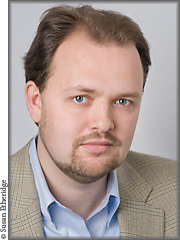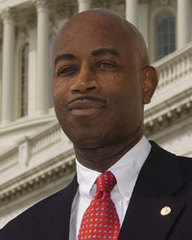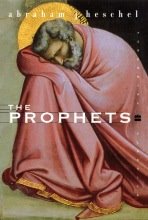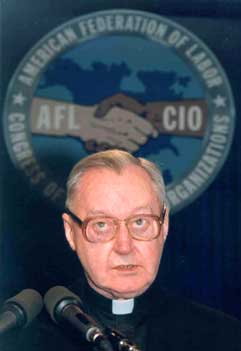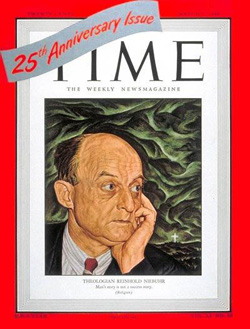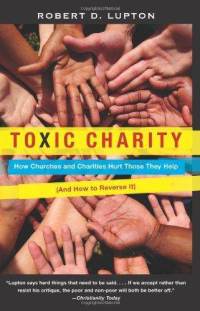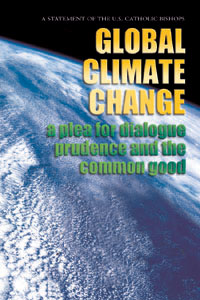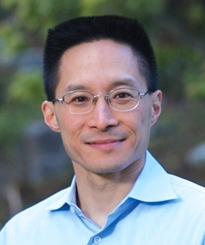A new study published in Science magazine invites a fresh take on Bob Dylan’s refrain, “Ah, but I was so much older then, I’m younger than that now.” The study of 19,000 adults found that most people realize how much they’ve changed in the past ten years but seriously underestimate how different they’ll be in the future. People of all ages think they’ll stay pretty much the same—incorrectly, according to the Harvard and University of Virginia researchers. They call it the “end of history illusion.”
That’s to say, we think we’re so much older and wiser, but we’re younger than that now. There’s more growth to experience—different values, preferences, and personality traits to make our own. I don’t know if that’s necessarily comforting. Depends on how much you want to stay “just the way you are” (with apologies to Billy Joel). There were helpful summaries of the study and its methodology in Science Times and the Boston Globe, and at NPR online.
With Martin Luther King Day coming up, it’s worth asking how many of history’s great figures would have predicted how different they’d be, ten years out. I don’t think MLK, sprinting to his doctorate in theology at Boston University in 1953, had a clue.
Absorbed in Hegel, Tillich, Niebuhr, and others, King had what he saw as a clear picture of his future self. It involved standing at the front of a class in social ethics at a seminary or university, preferably a northern institution. As Stephen B. Oates recounted in his 1982 biography of King:
He hadn’t all the answers, by any means. He realized how much more he had to learn. But how he enjoyed intellectual inquiry. He would love to do this for the rest of his life, to become a scholar of personalism [the philosophical school that engaged his mind at B.U.], the Social Gospel, and Hegelian idealism, inspiring young people as his own mentors had inspired him. Yes, that would be a splendid and meaningful way to serve God and humanity.
King—on track to become a tweedy tenured theology professor—was so much older then.
A year later, he accepted what he assumed would be a sleepy temporary pastorate in Montgomery, Alabama. Newly married to Coretta, he took the job at Dexter Avenue Baptist Church, a relatively affluent congregation, figuring he’d get a little pastoral experience and draw a paycheck while wrapping up his doctoral dissertation.
Coretta wanted to get out of the Deep South as soon as possible. But on December 1, 1955, a 42-year-old seamstress named Rosa Parks refused to surrender her seat on a city bus to a white passenger, and was escorted to the police station. Uproar ensued, and King’s fellow clergy, a fairly timid bunch, drafted the 26-year-old into the leadership of what became the Montgomery Bus Boycott. There was no turning back.
Postscript
Last week, the Bible that MLK used in his early ministry made news. It was announced that Barack Obama would take the oath of office with his hand on King’s Bible as well as Lincoln’s. That’ll come at the highpoint of the January 21 inauguration ceremony, which happens to fall on the King holiday.
On the inaugural platform, you won’t have to look far to find a living person whose identity changed in unexpected ways. Just keep an eye out for Barry Obama. …read more

